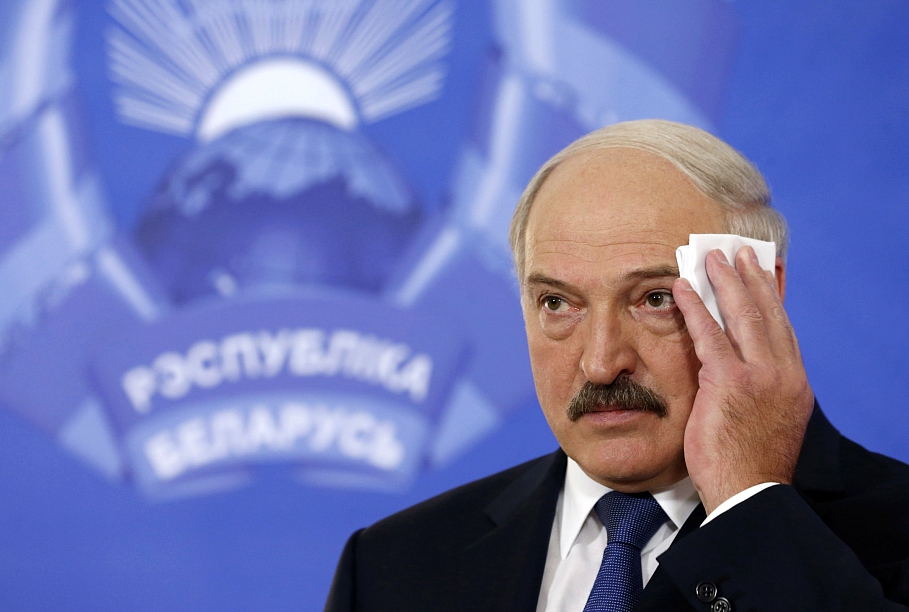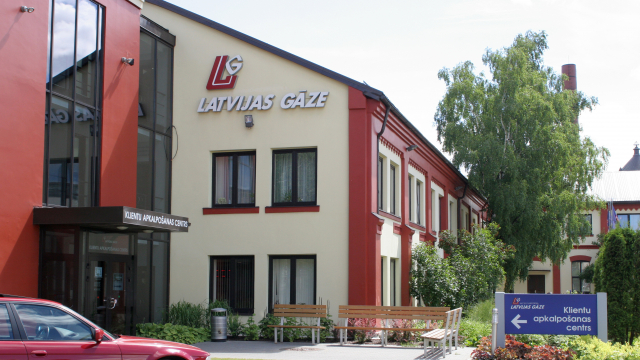In August last year, the State Border Guard received an application from a Belarusian citizen requesting refugee or alternative status in Latvia.
The unnamed man applied for asylum in Latvia because in Belarus he claimed to have been unjustifiably indicted for tax evasion due to political reasons. He also claimed the Belarusian authorities had threatened members of his family.
The man told the Latvian authorities that since 1988 he has been an activist of the public movement "Belarusian Popular Front" and had developed business links with Latvia but had come under increasing pressure from the security service in the authoritarian state which Lukashenko has ruled in an undemocratic and frequently brutal manner since 1994.
In February this year, the PMLP declined the request to be granted refugee or alternative status in Latvia, after which the case went to court.
The Latvian court found that the man had been summoned to appear for questioning in Belarus connection with a criminal case on the offense of insulting the President of Belarus, a charge unacceptable in a democratic society, in the court's view.
The court ordered the PMLP to decide within one month on the granting of alternative status to the applicant.
There is no appeal against the judgment.
Meanwhile Belarus' Ministry of Foreign Affairs denies the country has a civil rights problem, despite a recent UN Human Rights Council resolution that said it "expresses continued concern at the allegations of torture and inhuman or degrading treatment by law enforcement and prison officers, which are not properly investigated by the authorities; the ongoing harassment of human rights defenders, trade unions and civil society organizations, many of which are denied registration and some of which are occasionally raided by the authorities; the arrest and fining of journalists for performing their journalistic activities and various infringements of freedom of expression, including by the media."
The resolution came on the back of a UN report that pointed to human rights in Belarus being "fundamentally poor with no significant improvements" and where “abusive restrictions to freedom of association and peaceful assembly remain recurrent”.
The Belarusian Foreign Ministry said in response "The resolution does not match the spirit of current relations between Belarus and the European Union," reported the Belsat independent media outlet.
#UN resolution on human rights situation in #Belarus is ‘absurd’ - MFA https://t.co/ol4QKZ3qG5
— Belsat in English (@Belsat_Eng) July 15, 2019


























